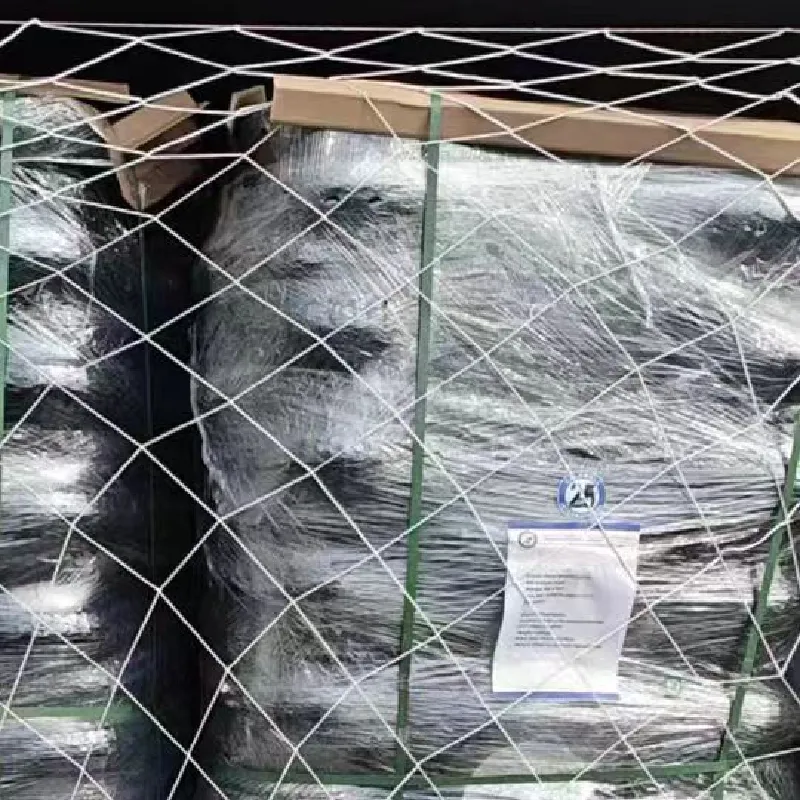-
 Afrikaans
Afrikaans -
 Albanian
Albanian -
 Amharic
Amharic -
 Arabic
Arabic -
 Armenian
Armenian -
 Azerbaijani
Azerbaijani -
 Basque
Basque -
 Belarusian
Belarusian -
 Bengali
Bengali -
 Bosnian
Bosnian -
 Bulgarian
Bulgarian -
 Catalan
Catalan -
 Cebuano
Cebuano -
 China
China -
 Corsican
Corsican -
 Croatian
Croatian -
 Czech
Czech -
 Danish
Danish -
 Dutch
Dutch -
 English
English -
 Esperanto
Esperanto -
 Estonian
Estonian -
 Finnish
Finnish -
 French
French -
 Frisian
Frisian -
 Galician
Galician -
 Georgian
Georgian -
 German
German -
 Greek
Greek -
 Gujarati
Gujarati -
 Haitian Creole
Haitian Creole -
 hausa
hausa -
 hawaiian
hawaiian -
 Hebrew
Hebrew -
 Hindi
Hindi -
 Miao
Miao -
 Hungarian
Hungarian -
 Icelandic
Icelandic -
 igbo
igbo -
 Indonesian
Indonesian -
 irish
irish -
 Italian
Italian -
 Japanese
Japanese -
 Javanese
Javanese -
 Kannada
Kannada -
 kazakh
kazakh -
 Khmer
Khmer -
 Rwandese
Rwandese -
 Korean
Korean -
 Kurdish
Kurdish -
 Kyrgyz
Kyrgyz -
 Lao
Lao -
 Latin
Latin -
 Latvian
Latvian -
 Lithuanian
Lithuanian -
 Luxembourgish
Luxembourgish -
 Macedonian
Macedonian -
 Malgashi
Malgashi -
 Malay
Malay -
 Malayalam
Malayalam -
 Maltese
Maltese -
 Maori
Maori -
 Marathi
Marathi -
 Mongolian
Mongolian -
 Myanmar
Myanmar -
 Nepali
Nepali -
 Norwegian
Norwegian -
 Norwegian
Norwegian -
 Occitan
Occitan -
 Pashto
Pashto -
 Persian
Persian -
 Polish
Polish -
 Portuguese
Portuguese -
 Punjabi
Punjabi -
 Romanian
Romanian -
 Russian
Russian -
 Samoan
Samoan -
 Scottish Gaelic
Scottish Gaelic -
 Serbian
Serbian -
 Sesotho
Sesotho -
 Shona
Shona -
 Sindhi
Sindhi -
 Sinhala
Sinhala -
 Slovak
Slovak -
 Slovenian
Slovenian -
 Somali
Somali -
 Spanish
Spanish -
 Sundanese
Sundanese -
 Swahili
Swahili -
 Swedish
Swedish -
 Tagalog
Tagalog -
 Tajik
Tajik -
 Tamil
Tamil -
 Tatar
Tatar -
 Telugu
Telugu -
 Thai
Thai -
 Turkish
Turkish -
 Turkmen
Turkmen -
 Ukrainian
Ukrainian -
 Urdu
Urdu -
 Uighur
Uighur -
 Uzbek
Uzbek -
 Vietnamese
Vietnamese -
 Welsh
Welsh -
 Bantu
Bantu -
 Yiddish
Yiddish -
 Yoruba
Yoruba -
 Zulu
Zulu
Effective Bird Netting Solutions for Sustainable Agriculture and Crop Protection Strategies
The Importance of Anti-Bird Nets in Agriculture
Birds can be both beautiful and beneficial to the environment, but when it comes to agriculture, they often pose a significant challenge. Many bird species are notorious for raiding crops, leading to reduced yields and economic losses for farmers. In response to this issue, anti-bird nets have emerged as a crucial tool in modern agricultural practices, helping to safeguard produce while maintaining ecological balance.
The Importance of Anti-Bird Nets in Agriculture
The advantage of using anti-bird nets in agriculture is manifold. Primarily, they help farmers to maintain the quality and quantity of their crops. Theft by birds can result in a drastic reduction in yield, particularly for fruits such as cherries, grapes, and strawberries, which are often targets for hungry birds. Using anti-bird nets effectively minimizes this risk, allowing farmers to reap the rewards of their hard work without the constant worry of wildlife interference.
anti bird net for agriculture

Moreover, the use of these nets is a sustainable and eco-friendly approach to pest control. Unlike chemical repellents that can have adverse effects on the environment and human health, anti-bird nets provide a non-toxic solution to protect crops. This method allows farmers to produce food that is safe for consumers while also being considerate of local wildlife. Additionally, anti-bird nets preserve the biodiversity of the area by ensuring that native bird populations are not harmed in the process of crop protection.
Another important aspect of anti-bird nets is their economic efficiency. Although the initial investment for purchasing and installing the nets may seem significant, the long-term savings and benefits far outweigh the costs. Farmers can expect to save money by reducing crop losses, and the nets can last several seasons with proper care, making them a cost-effective solution over time. Furthermore, increased yields can contribute to higher profits, thereby improving the overall financial health of a farm.
However, it is essential to consider that not all bird species are harmful. Birds play an integral role in pest control by feeding on harmful insects and maintaining the balance of the ecosystem. Therefore, when implementing anti-bird nets, farmers should use them judiciously and remain aware of the local bird populations. Strategic placement of nets and the use of smaller or less invasive methods for particularly vulnerable crops can help farmers achieve effective protection without disrupting the natural equilibrium.
In conclusion, anti-bird nets stand out as a vital technology in modern agriculture, providing an effective, sustainable, and economic approach to crop protection. By minimizing the damage caused by birds, these nets not only help ensure a successful harvest but also promote environmentally friendly practices. As agriculture becomes increasingly challenged by various pests and environmental changes, adopting strategies like anti-bird nets will be crucial for safeguarding our food supply while respecting the delicate balance of our ecosystems. Farmers who invest in these protective measures will find themselves better equipped to face the challenges of modern agriculture, paving the way for a more fruitful future.
-
Shipping Plastic Bags for Every NeedNewsJul.24,2025
-
Safety Netting: Your Shield in ConstructionNewsJul.24,2025
-
Plastic Mesh Netting for Everyday UseNewsJul.24,2025
-
Nylon Netting for Every UseNewsJul.24,2025
-
Mesh Breeder Box for Fish TanksNewsJul.24,2025
-
Expanded Steel Mesh Offers Durable VersatilityNewsJul.24,2025











